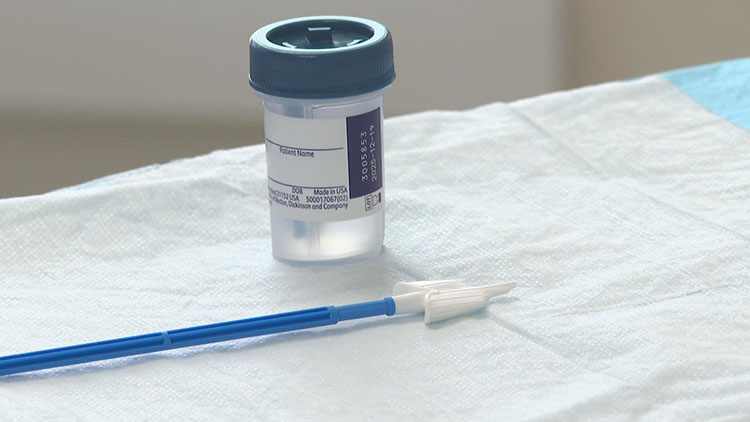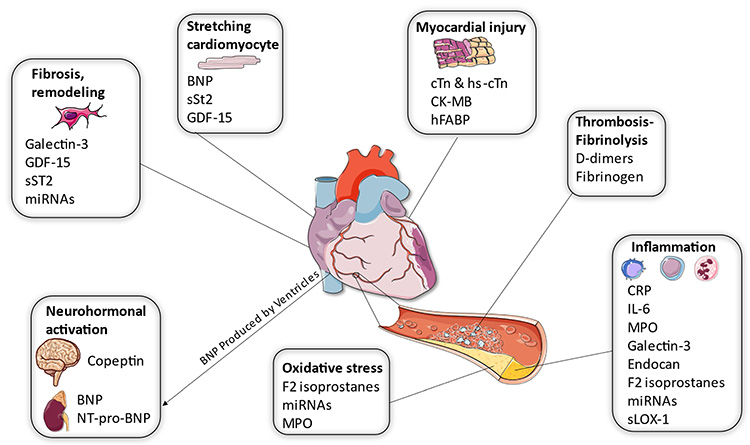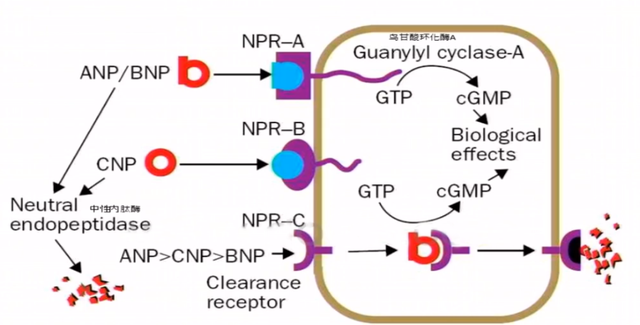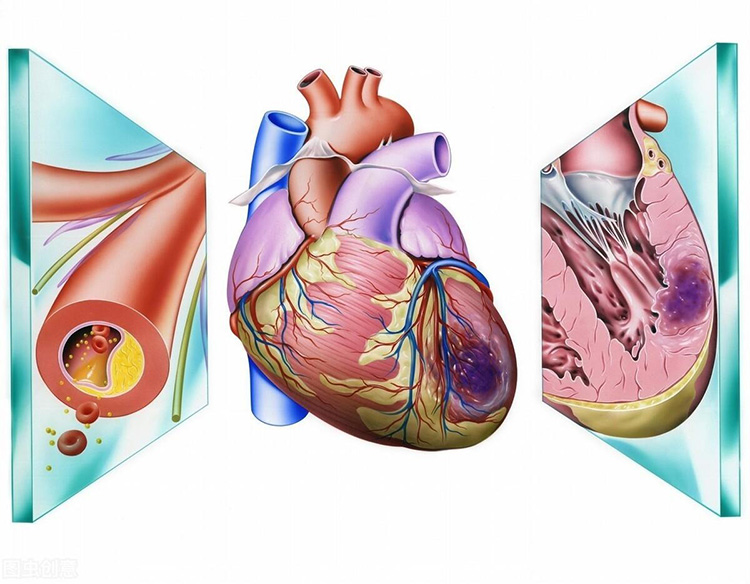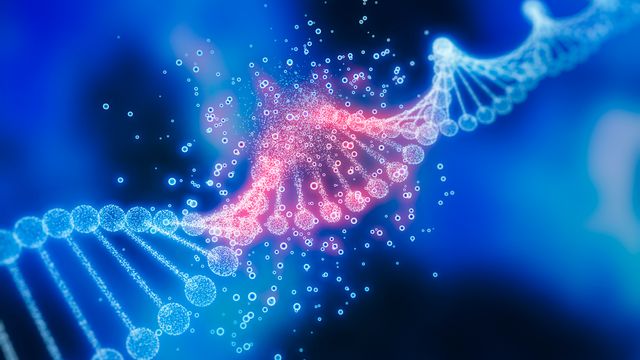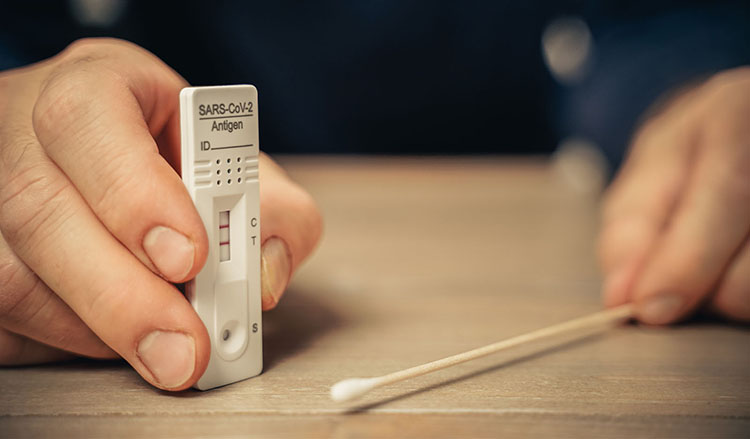What Are In-Vivo Diagnostic Reagents? Exploring Their Types, Applications, and Future Developments
In modern healthcare, in-vivo diagnostic reagents play a crucial role in diagnosing diseases. These reagents allow doctors to quickly and accurately gather information about a patient's health, which aids in creating effective treatment plans. With advances in medical technology, the types and applications of in-vivo diagnostic reagents continue to expand, becoming essential tools for early screening, disease monitoring, and drug efficacy evaluation.
This article will explore the types, applications, and future trends of in-vivo diagnostic reagents, and highlight how companies like NOPAINBIO (Nopain Bio) are driving advancements in this field.
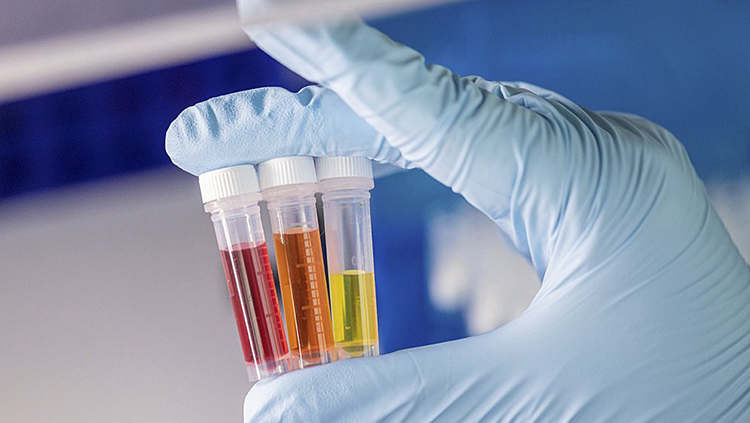
What Are In-Vivo Diagnostic Reagents?
In-vivo diagnostic reagents are substances used to analyze biological samples (such as blood, urine, etc.) collected from the human body, utilizing chemical, biological, or immunological methods to detect abnormalities in the body. These reagents provide critical information for disease diagnosis. Common types of in-vivo diagnostic reagents include immunodiagnostic reagents, molecular diagnostic reagents, biochemical diagnostic reagents, and rapid diagnostic reagents, each serving different purposes and offering distinct advantages.
Types of In-Vivo Diagnostic Reagents
Immunodiagnostic Reagents
Immunodiagnostic reagents work based on antigen-antibody reactions to detect specific biomarkers in the body. Common methods include:Enzyme-Linked Immunosorbent Assay (ELISA): Used to detect antibodies or antigens in blood serum, commonly applied in screening for infectious diseases, cancer markers, and allergies.
Immunofluorescence Reagents: Utilizes fluorescent-labeled antibodies to detect pathogens or biomarkers, widely used in viral detection and disease diagnosis.
Molecular Diagnostic Reagents
Molecular diagnostic reagents analyze DNA or RNA molecules to help diagnose genetic disorders, infectious diseases, and some cancers. Typical technologies include:Polymerase Chain Reaction (PCR): Detects minute amounts of pathogen DNA or RNA, widely used for diagnosing infectious diseases and genetic mutations.
Gene Chip Technology: Detects the expression of multiple genes to assess an individual’s health, commonly applied in personalized medicine and precision treatment.
Biochemical Diagnostic Reagents
Biochemical diagnostic reagents detect changes in metabolic products, enzymes, ions, and other components in the body through chemical reactions. They are mainly used for routine health checks and disease monitoring. Common applications include:Blood Glucose Reagents: Used for monitoring diabetes.
Liver and Kidney Function Reagents: Used to assess liver and kidney health.
Rapid Diagnostic Reagents
Rapid diagnostic reagents are characterized by their simplicity and fast results, making them suitable for home testing or use in primary healthcare settings. Examples include:Pregnancy Tests: Detect hCG levels in urine to determine pregnancy.
Portable Glucose Meters: Allow diabetic patients to monitor their blood glucose levels in real-time.
NOPAINBIO's In-Vivo Diagnostic Reagents
NOPAINBIO is a company focused on the life sciences and healthcare sectors, specializing in the research, development, and production of in-vivo diagnostic reagents. Through continuous innovation and technological optimization, NOPAINBIO offers a wide range of diagnostic solutions, covering immunodiagnostic, molecular diagnostic, biochemical diagnostic, and rapid diagnostic reagents.
NOPAINBIO’s Core Advantages:
Innovative Research and Development: NOPAINBIO boasts a professional R&D team dedicated to advancing the technology behind in-vivo diagnostic reagents. The company’s products are known for their high precision and reliability.
Comprehensive Product Portfolio: From immunodiagnostic reagents to molecular diagnostic reagents, NOPAINBIO offers a diverse range of products to meet various needs in the healthcare and disease control fields.
Global Partnership Network: NOPAINBIO has established long-term partnerships with renowned medical institutions and research organizations both domestically and internationally, driving the global spread of diagnostic technologies.
Quality Control: The company adheres to international quality management standards, ensuring that all products undergo strict clinical validation and quality control to guarantee safety and accuracy.
Clinical Applications of In-Vivo Diagnostic Reagents
In-vivo diagnostic reagents have widespread applications across various clinical fields, significantly improving diagnostic efficiency and accuracy. Some of the primary applications include:
Disease Screening and Early Diagnosis
In-vivo diagnostic reagents play an important role in the early detection of diseases. For example, tumor markers in blood can help in the early identification of cancer, while blood glucose monitoring aids in the early diagnosis of diabetes. Early screening enables doctors to develop timely and effective treatment plans for patients.Rapid Detection of Infectious Diseases
In response to emerging infectious diseases, in-vivo diagnostic reagents have become key tools for rapid detection. For instance, PCR and antigen tests were essential in diagnosing COVID-19 globally, allowing for widespread screening and timely diagnosis.Drug Efficacy Monitoring
For patients with chronic conditions (e.g., diabetes, cardiovascular diseases), in-vivo diagnostic reagents are used to monitor disease progression and evaluate drug efficacy. For example, glucose meters allow diabetic patients to track blood sugar levels and adjust their medication accordingly.Personalized Medicine and Precision Treatment
With the rise of personalized medicine, in-vivo diagnostic reagents are widely used in genomics and molecular pathology to provide tailored diagnostic and treatment strategies, particularly in cancer and genetic disorders.
Future Trends in In-Vivo Diagnostic Reagents
The technology behind in-vivo diagnostic reagents continues to evolve. Some future trends to watch include:
Automation and Smart Technologies: In-vivo diagnostic reagents will increasingly incorporate artificial intelligence (AI) and machine learning technologies, improving diagnostic speed, accuracy, and efficiency.
Convenience and Portability: The development of more user-friendly and portable diagnostic reagents will allow patients to conduct tests at home or in primary care settings, reducing the burden on healthcare facilities.
Precision Medicine: With advancements in genomics and molecular diagnostics, in-vivo diagnostic reagents will become even more precise, enabling more accurate personalized treatment and improving patient outcomes.
Conclusion
In-vivo diagnostic reagents are essential tools in modern healthcare, playing a pivotal role in early disease detection, monitoring, and personalized treatment. As technology advances, the applications and accuracy of these reagents will continue to improve, helping doctors provide better care and treatment plans for patients worldwide.
As a leader in the life sciences and healthcare sectors, NOPAINBIO is committed to providing high-quality, accurate, and convenient in-vivo diagnostic reagents that support the global advancement of health management. If you are interested in learning more about in-vivo diagnostic reagents or exploring NOPAINBIO's cutting-edge technologies, feel free to contact us for more information.
More News

